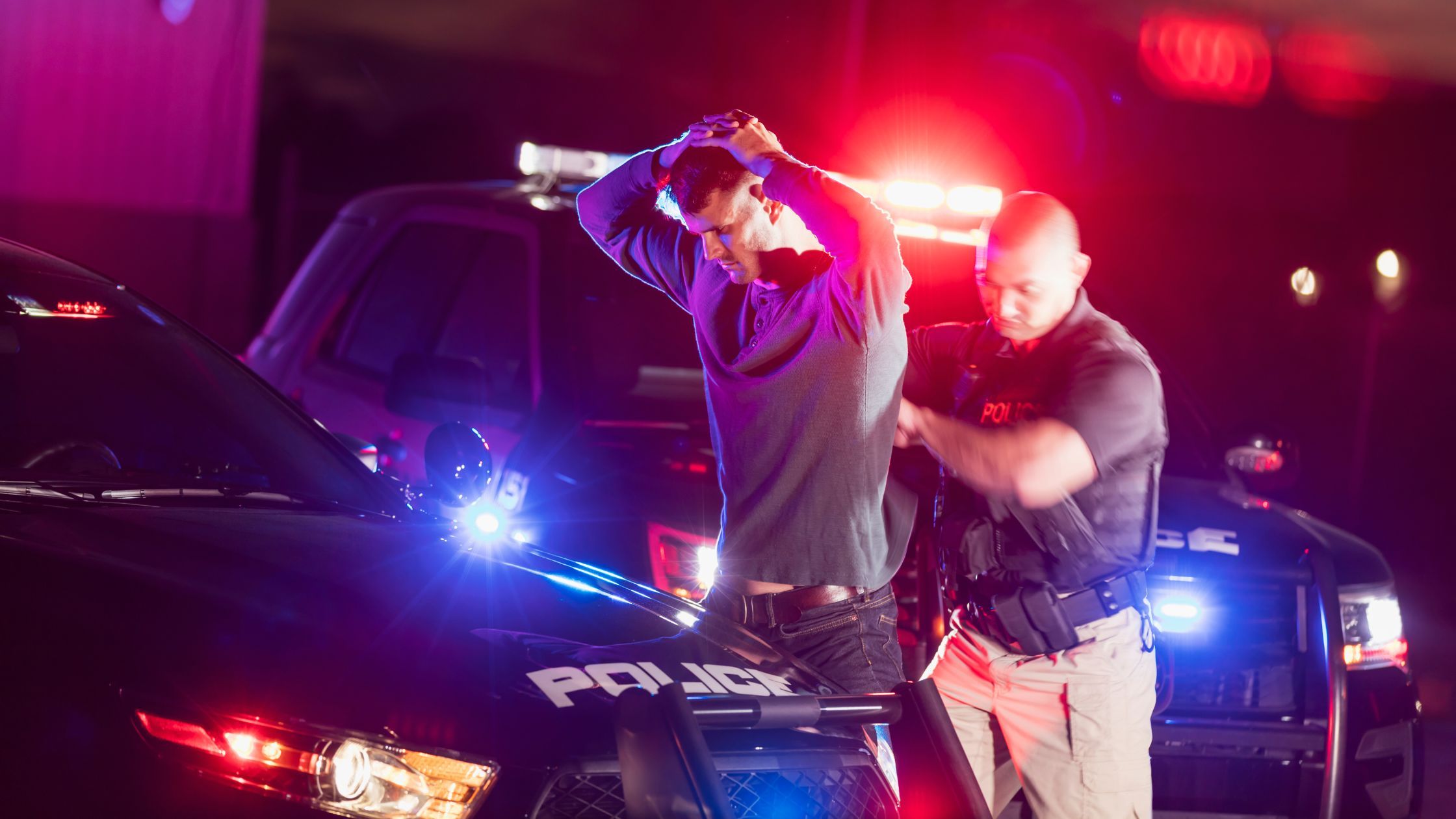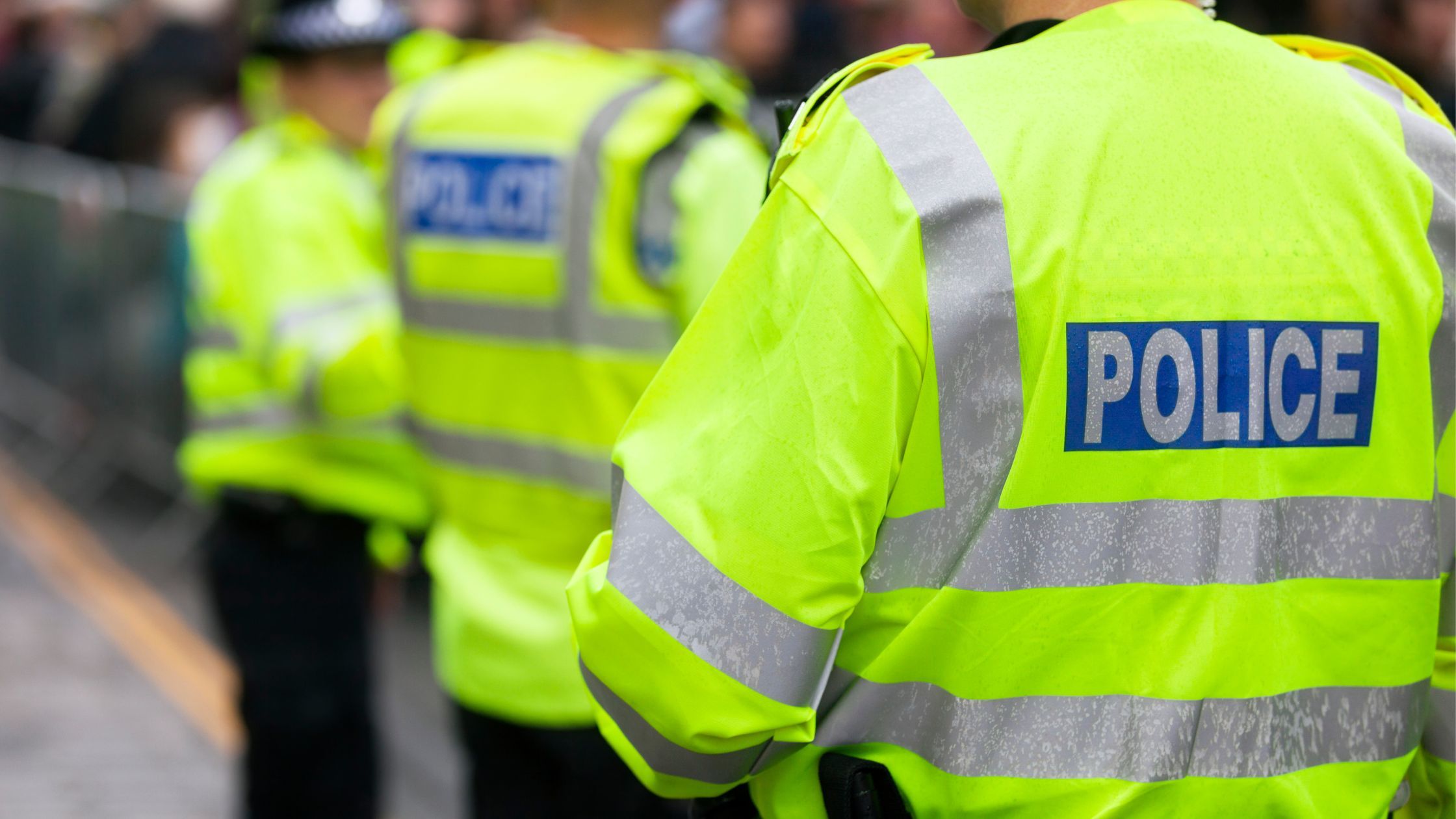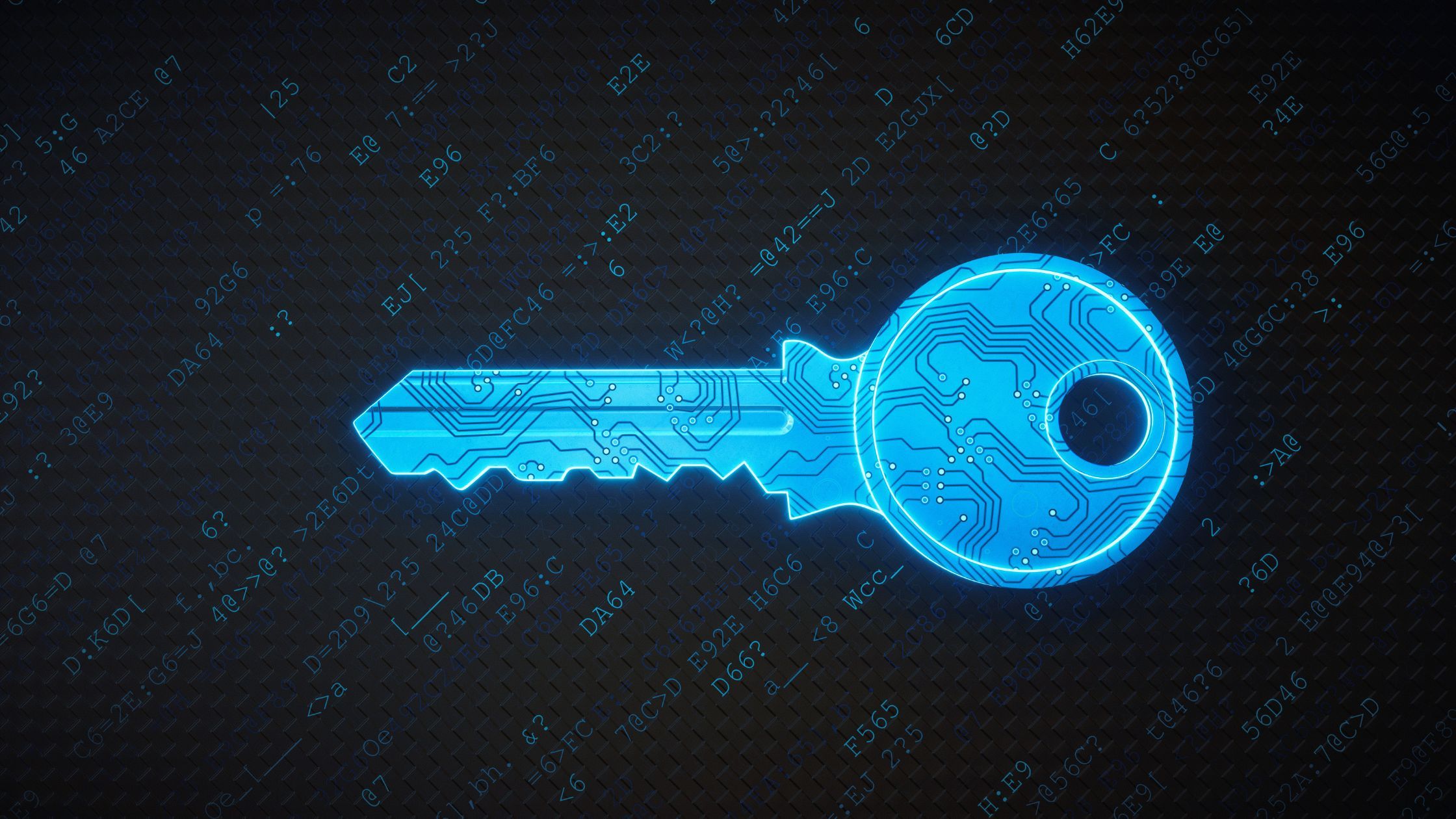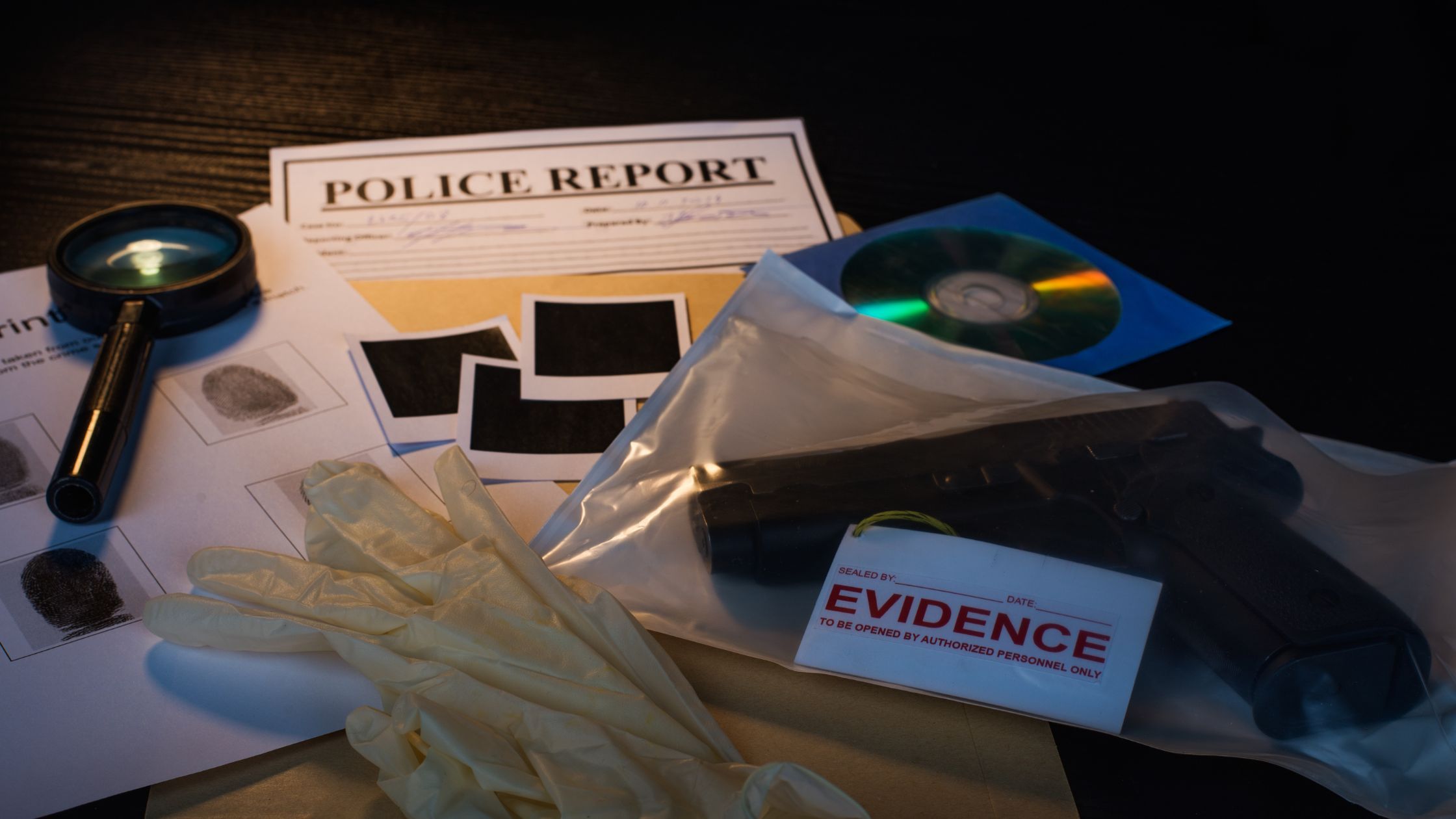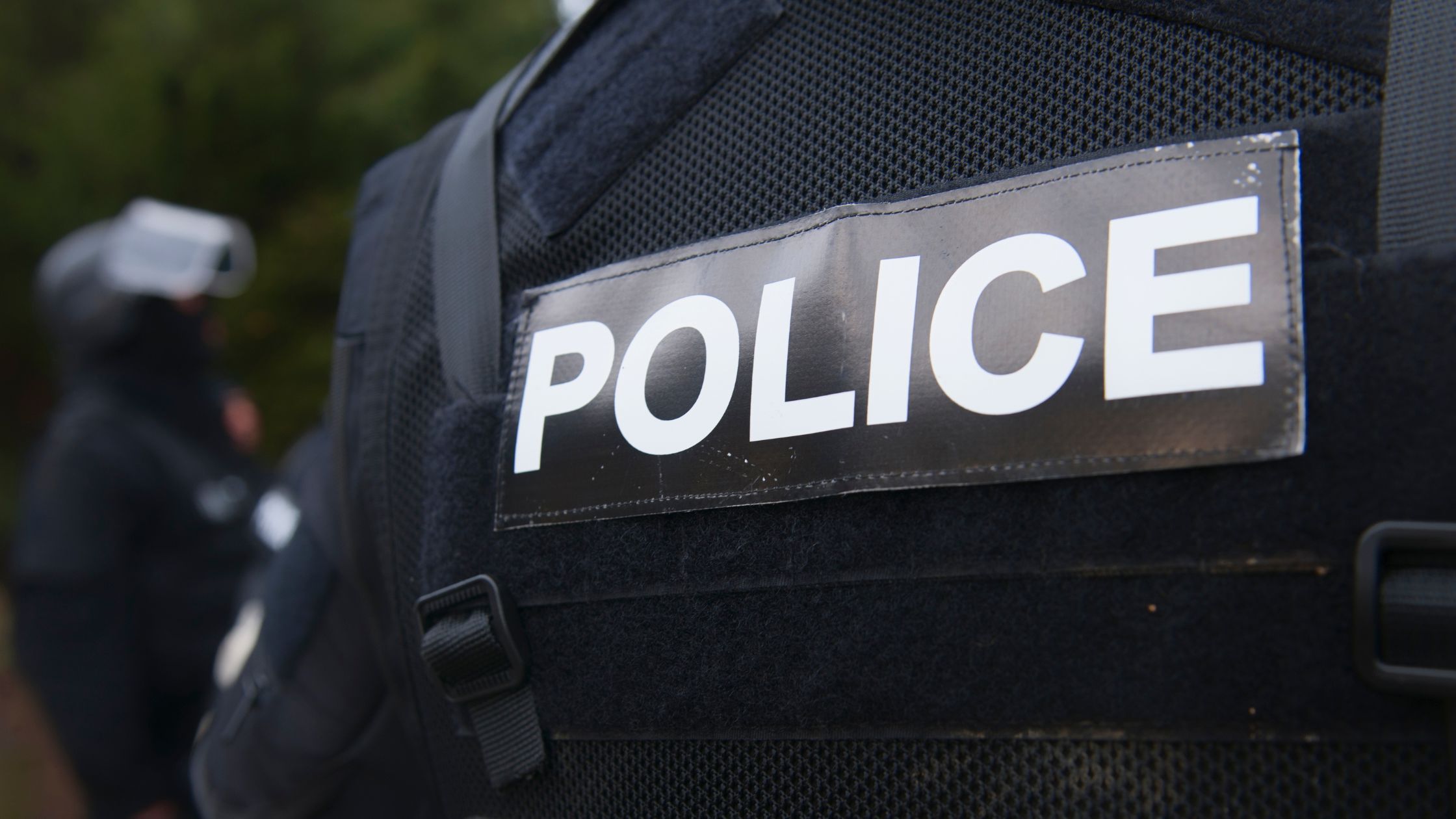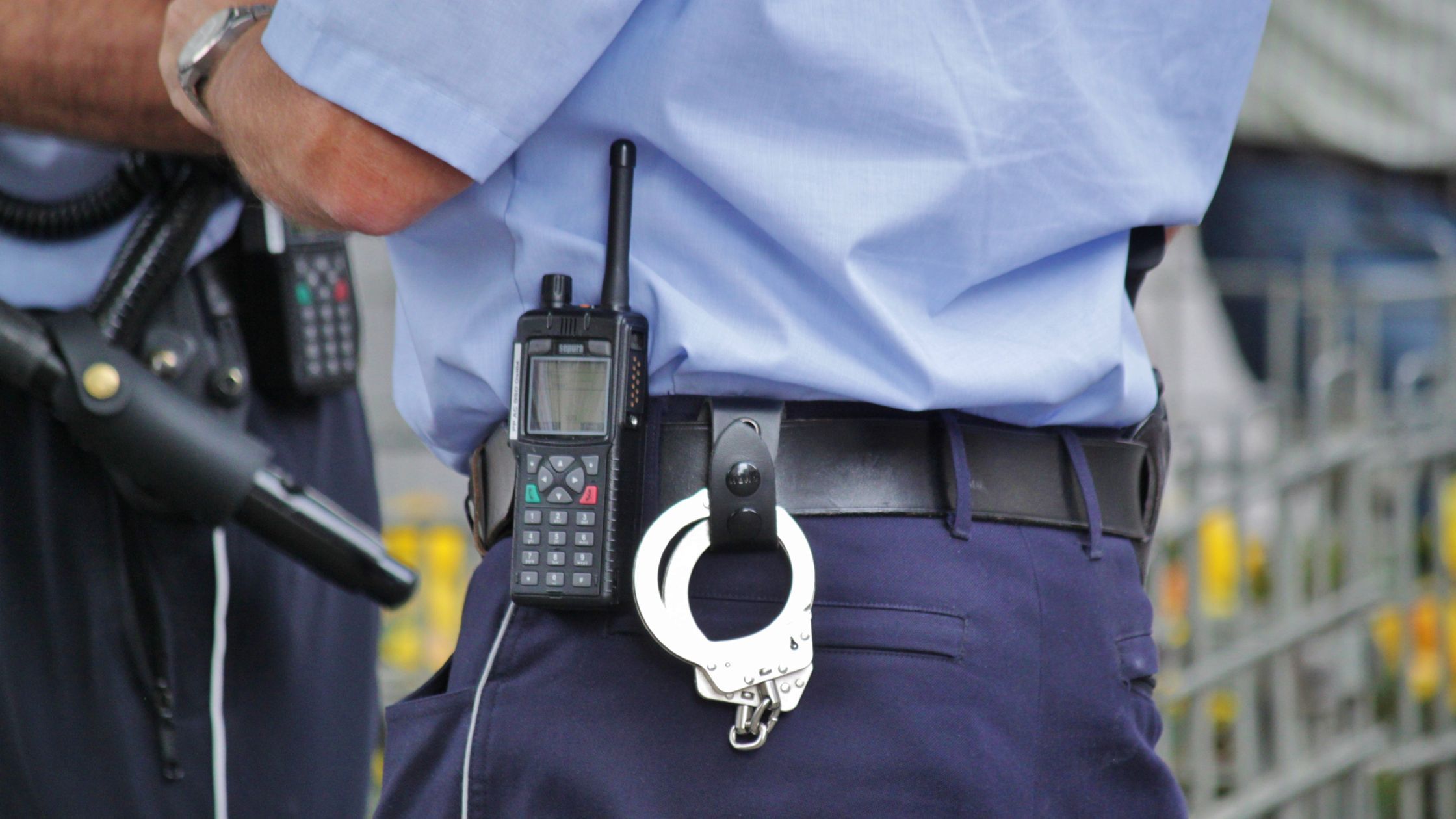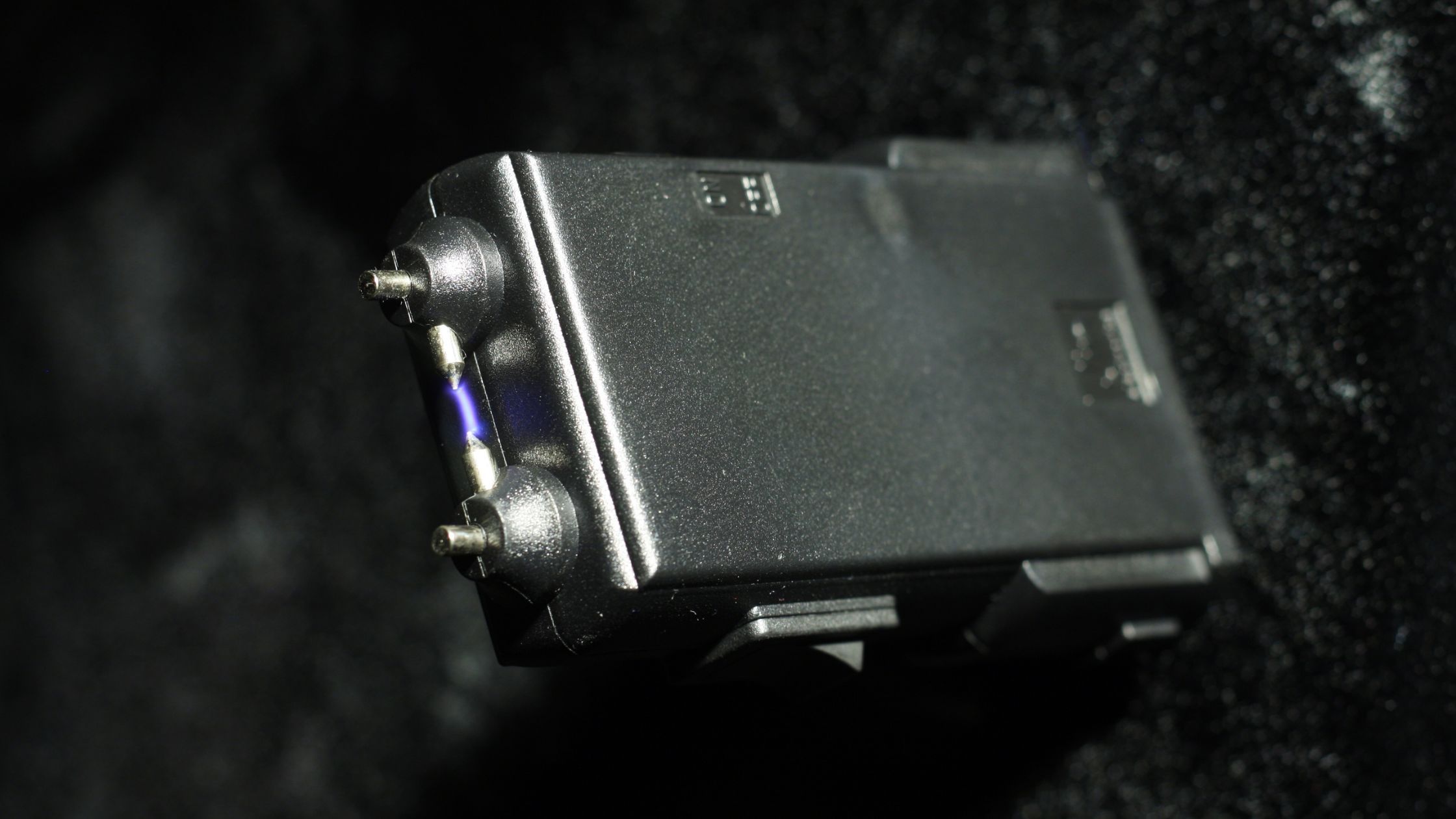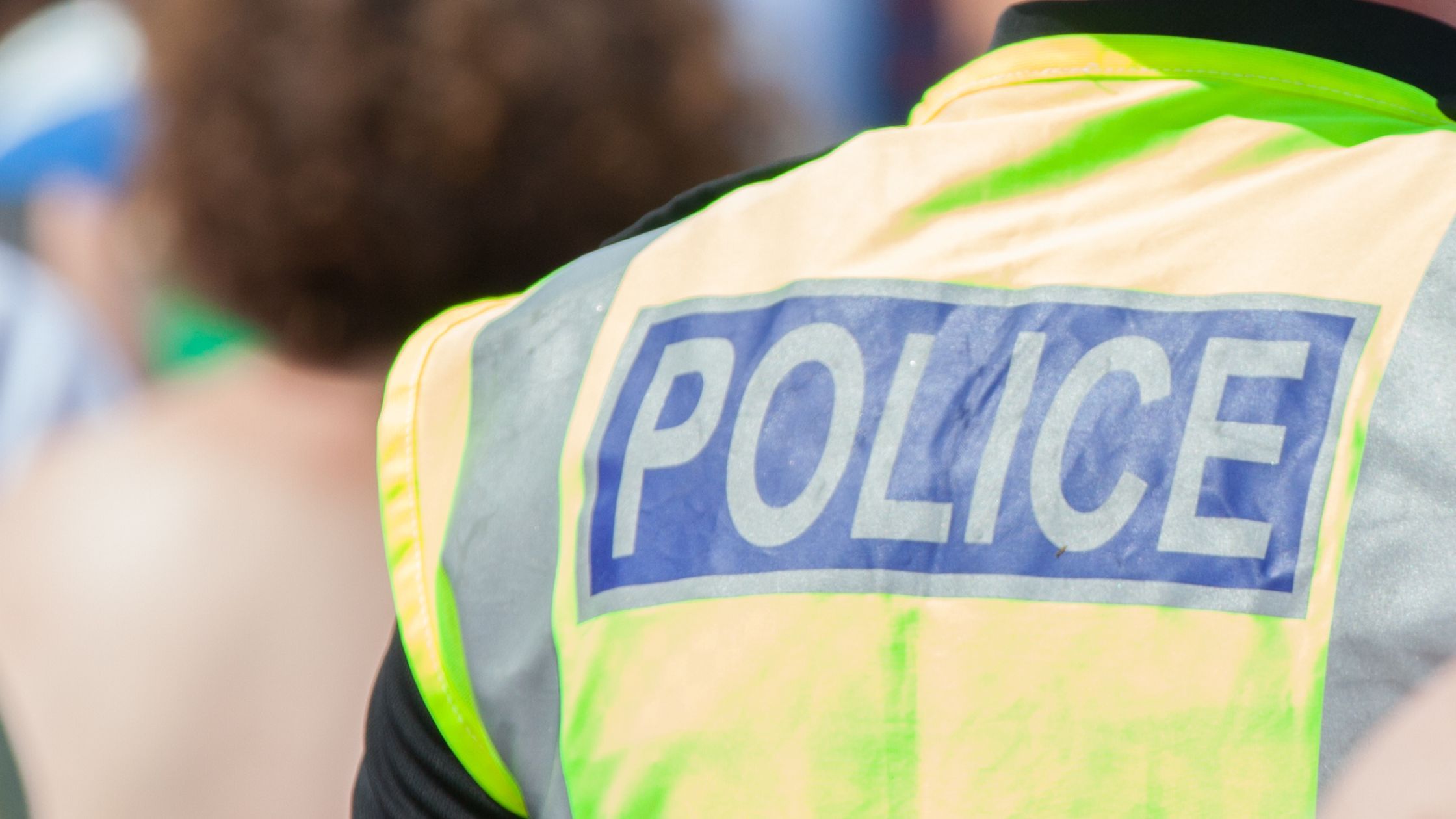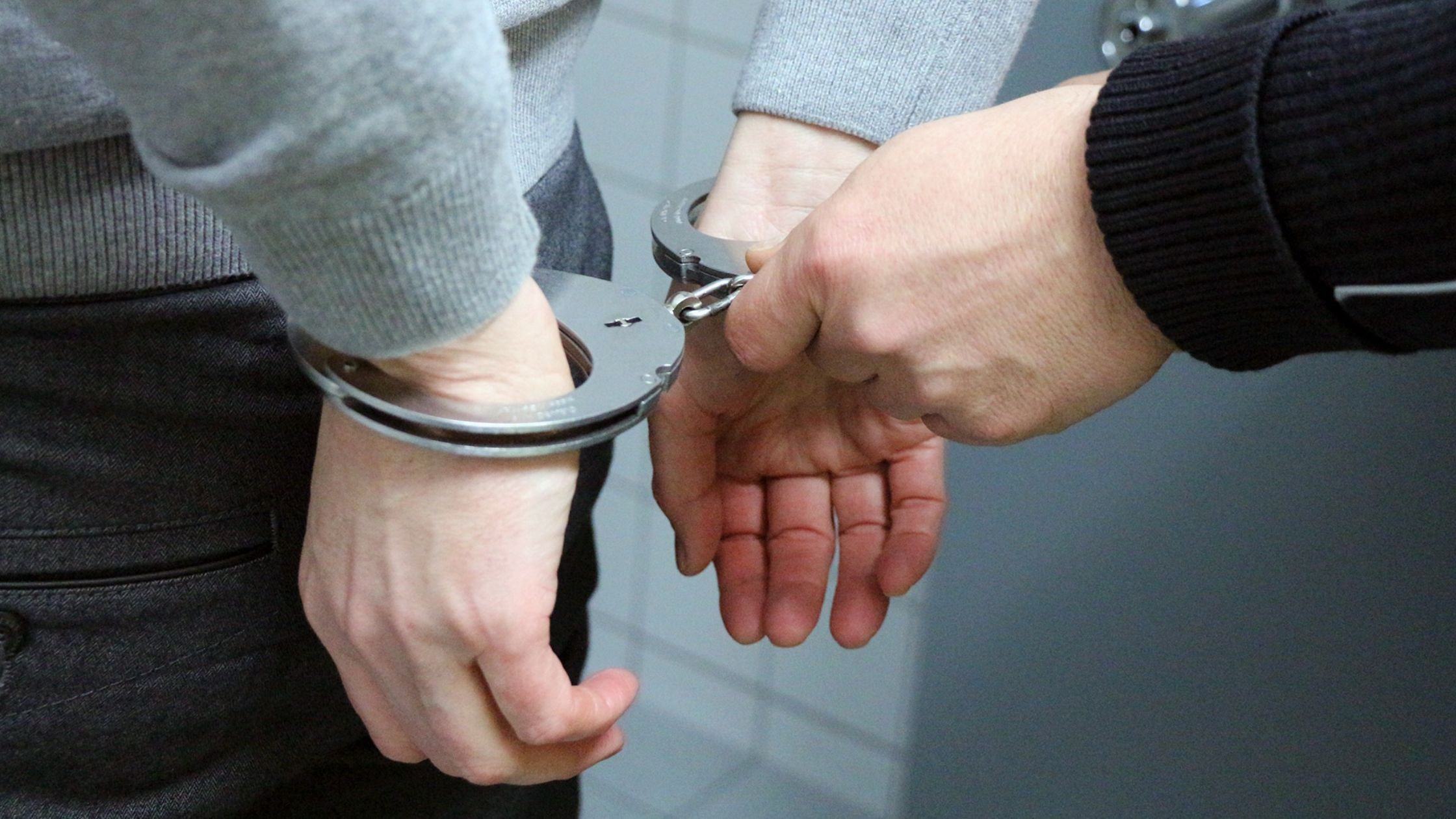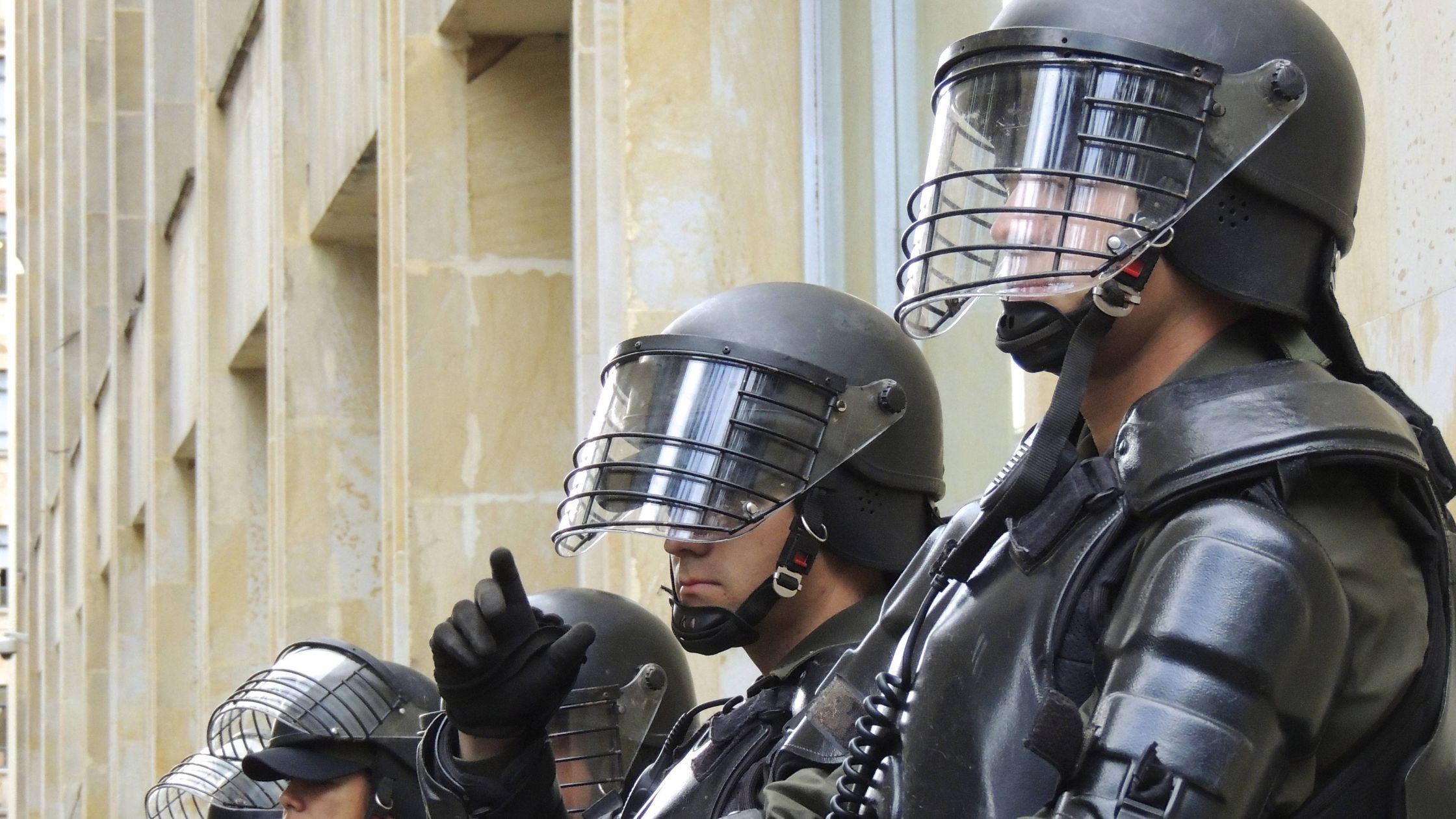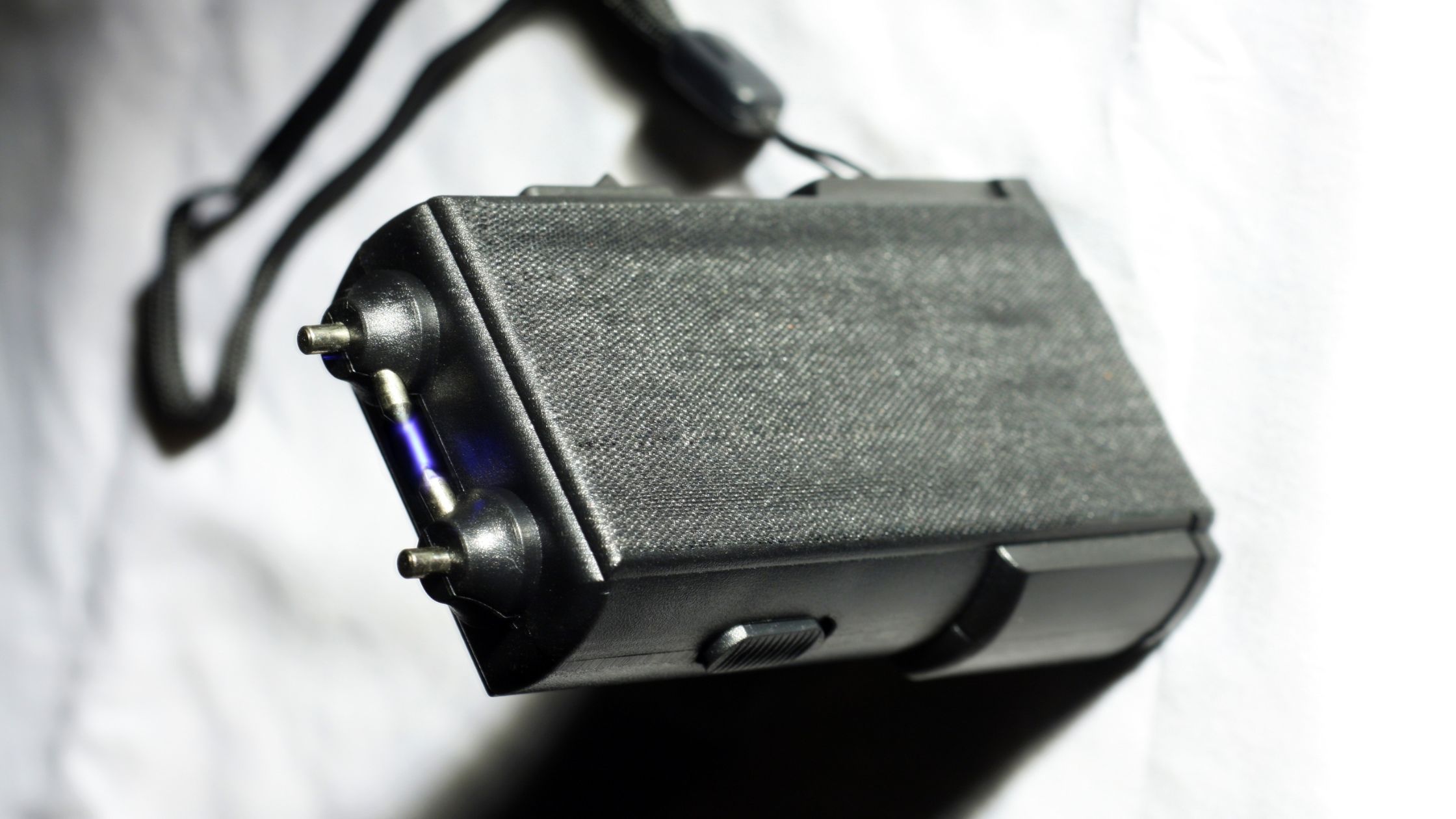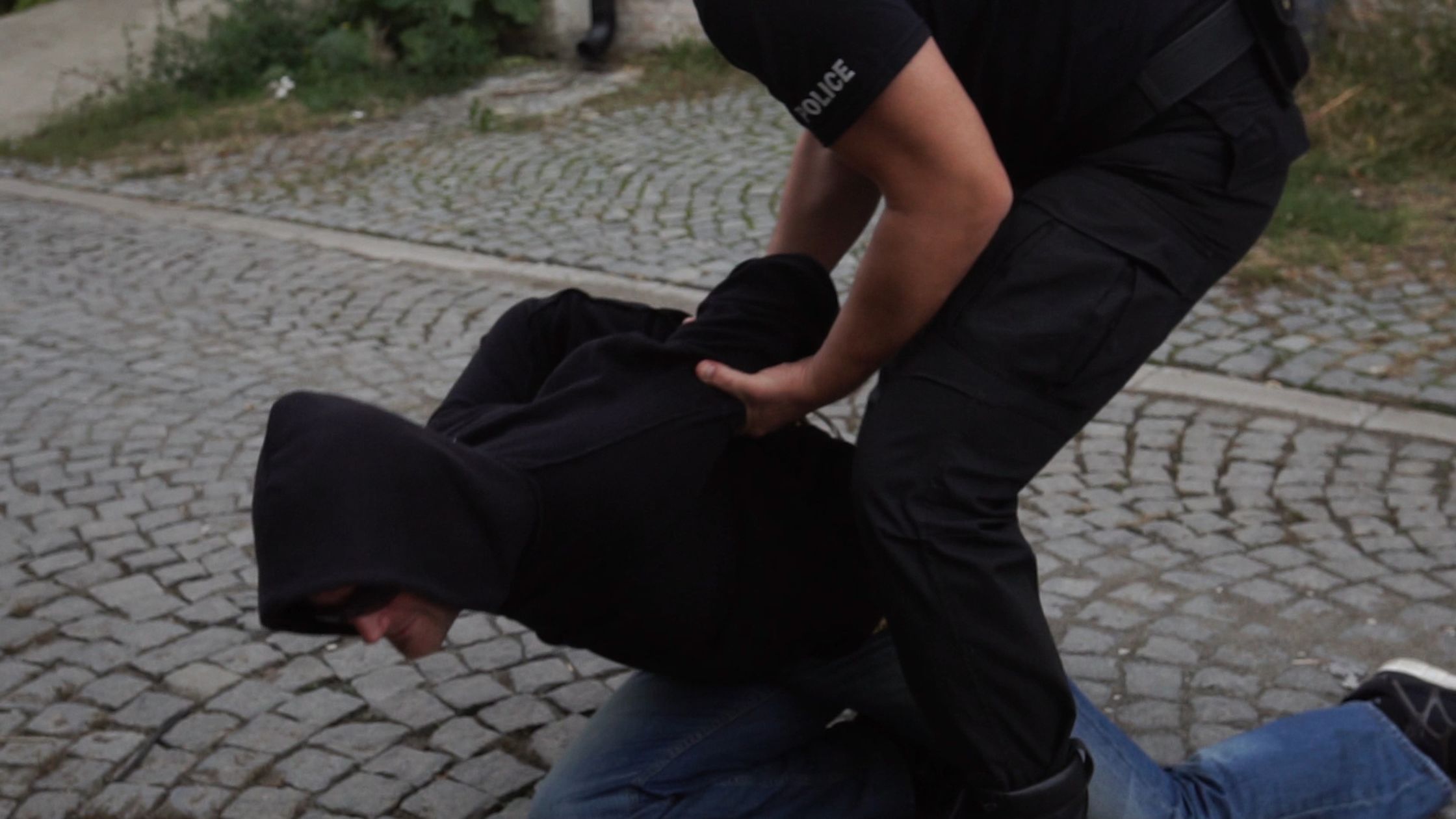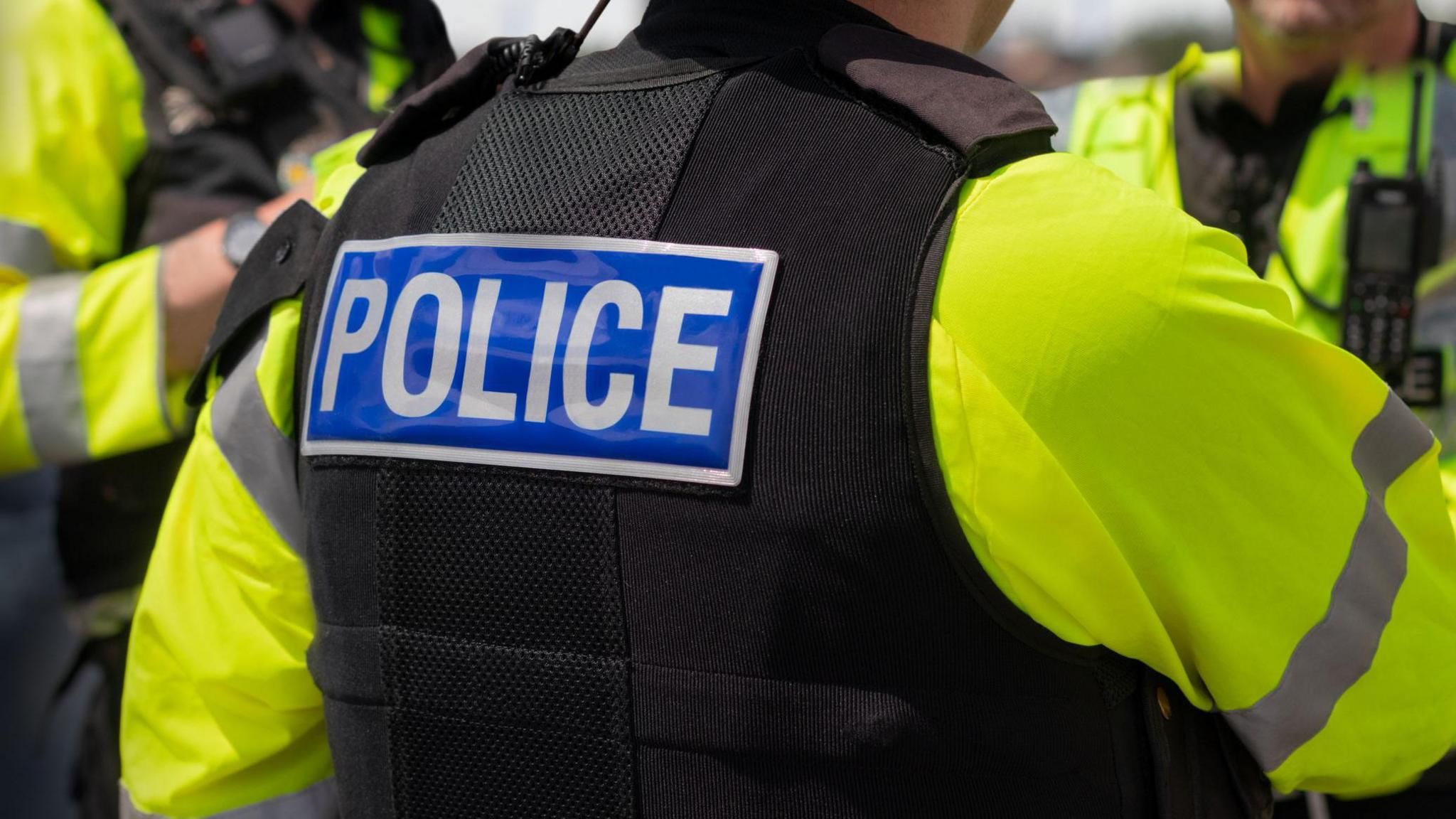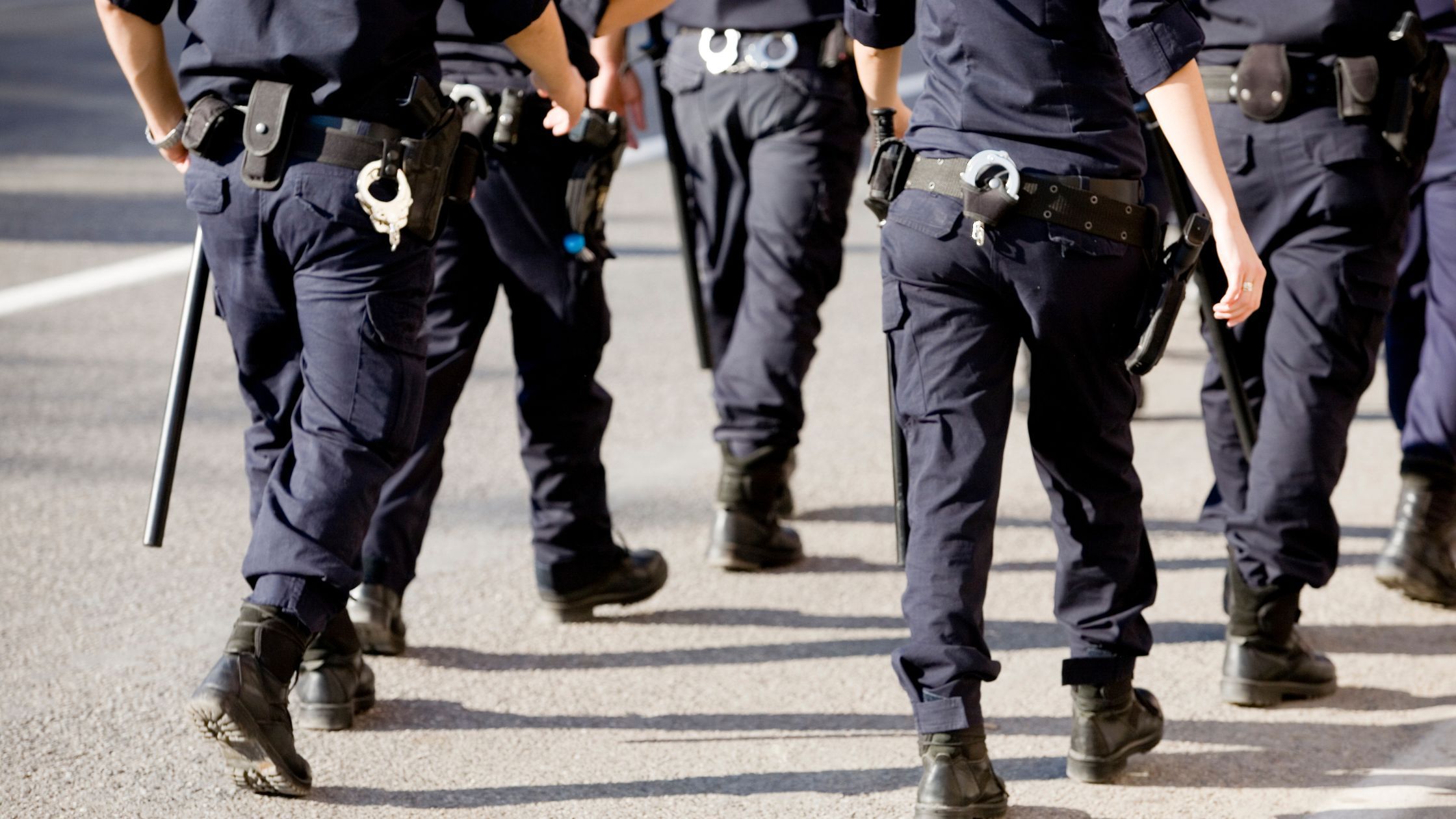Community Support Officers (CSO) were first introduced to England and Wales in 2002. They are uniformed civilian police staff with a variety of powers. Their uniform is different to police constables and must be marked with 'PCSO' or 'CSO'. Furthermore, their uniform is usually blue and they will only carry a radio (some forces allow CSO's to carry handcuffs).
Their duties are non-confrontational and usually include patrolling, gathering intelligence, crowd control, directing traffic, issuing fixed penalty tickets, dealing with anti-social behaviour and minor offences. Whilst Community Support Officers assist police constables, they do not have the powers of a constable.
Community Support Officers do not have a power of arrest as a constable does and may only detain a suspect in certain circumstances and for a maximum of 30 minutes. The reason for detaining an individual may be to ascertain her name and address or until the arrival of a police constable.
A CSO can stop and question an individual but if they do so, then they must be in uniform. They may stop and ask for a name, a reason for being in an area and the intended destination, however, a person does not have to stop or answer these questions. More importantly, a CSO cannot lawfully stop and search an individual. Only a police officer has the legal power to stop and search an individual. Furthermore, a CSO cannot ask an individual to 'consent' to a search or require them to remove any of their clothing. Despite not having the same powers as a constable, a Community Support Officer has a duty to act in the same professional manner and to the same standards as a police officer: Failure to do so may result in disciplinary or criminal proceedings.




